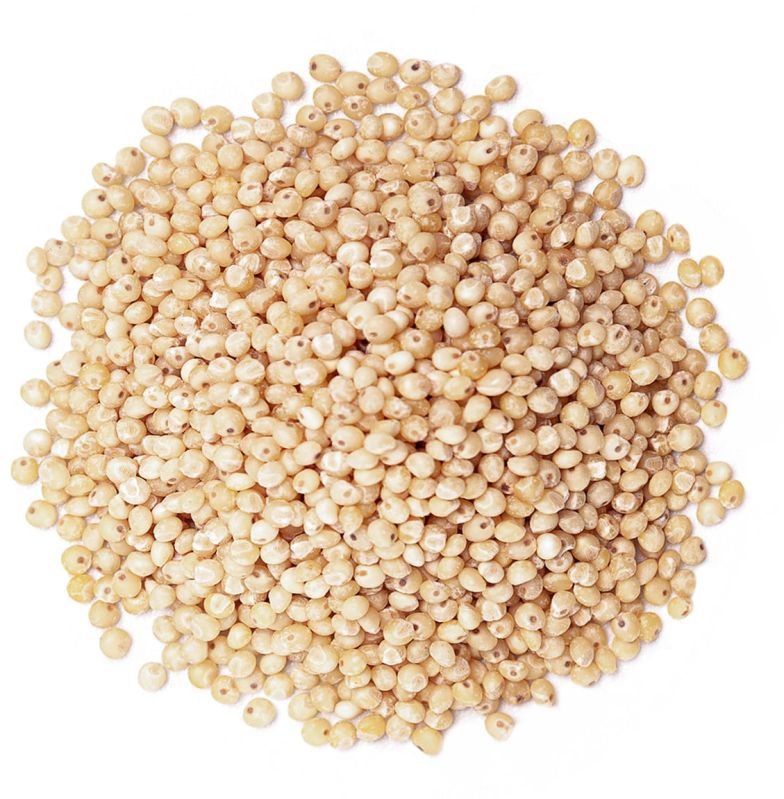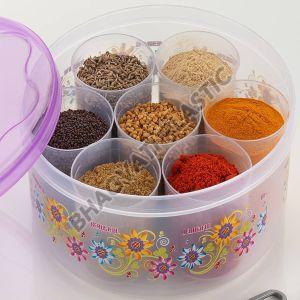View Primary Number
oritsexim@gmail.com
6000 Kilogram (MOQ)
| Business Type | Manufacturer, Exporter, Distributor |
| Brand Name | Oritsw Garudah Exim |
| Cultivation Type | Common, GMO |
| Color | White |
| Click to view more | |
Preferred Buyer From
| Location | All Countries Except India |
Product Details
White sorghum is a variety of sorghum, a drought-resistant cereal grain native to Africa, which has become a staple food crop in many parts of the world, particularly in regions prone to dry conditions. Sorghum in general is part of the Poaceae family, which also includes other cereals like corn, wheat, and rice. While sorghum comes in various colors—ranging from red to brown, yellow, and black—white sorghum is particularly notable for its pale, light-colored grains.
Characteristics of White Sorghum-
Color: As the name suggests, the primary distinguishing feature of white sorghum is its light color. The grains are typically off-white or creamy white, which makes them visually distinct from other varieties.
-
Size and Shape: The white sorghum grain is typically round or oval, with a hard outer shell (pericarp) that protects the starchy inner kernel. These grains are smaller than some other cereals like corn, but their size makes them suitable for many food processing methods.
-
Nutritional Content: White sorghum is rich in complex carbohydrates, providing a high-energy food source. It is also gluten-free, making it a popular alternative for those with celiac disease or gluten sensitivities. Nutritionally, it contains fiber, protein, vitamins (like niacin and riboflavin), and essential minerals like iron and magnesium. It's also a good source of antioxidants, which may help protect the body from oxidative stress.
White sorghum, like other varieties of sorghum, thrives in hot, dry climates. It has a deep root system that allows it to withstand drought conditions, making it especially valuable in regions where water is scarce or irregular. Some key benefits of growing white sorghum include:
-
Drought Tolerance: Sorghum is one of the most drought-tolerant grains, requiring significantly less water than crops like rice or corn.
-
Soil Adaptability: It grows well in a range of soil types, from sandy to clay-rich soils, and can tolerate less-than-ideal conditions such as low fertility.
-
Short Growing Season: Sorghum matures quickly, often within 3 to 4 months, which is advantageous in regions with shorter growing seasons.
Looking for "White Sorghum for export" ?
Explore More Products















